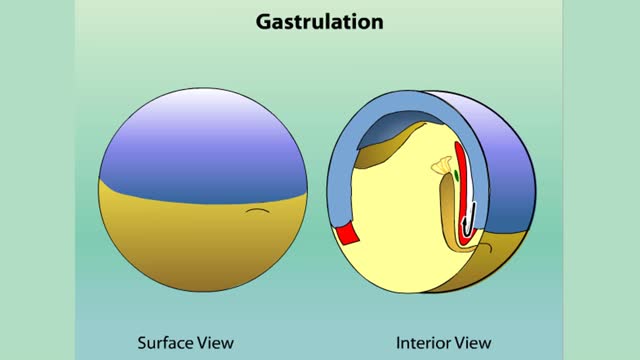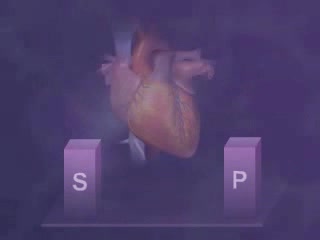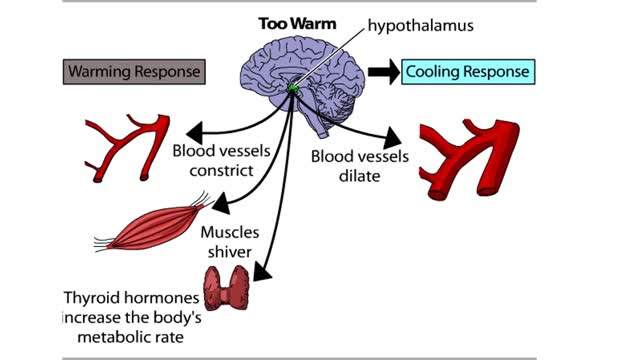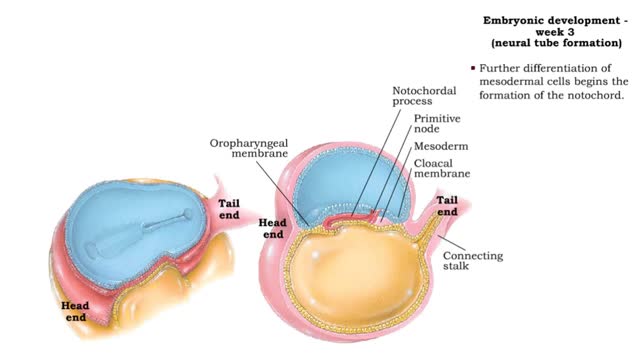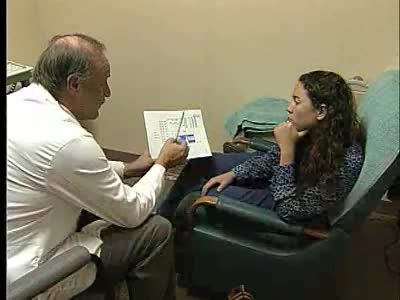Search Results
Results for: 'fertilizing organs'
Gastrulation: cross section of the frog
By: HWC, Views: 10163
Gastrulation Most animals enter a phase early in development called gastrulation. In this phase, a tiny ball or disc of cells rearranges to form three embryonic layers of tissue, called germ layers. The germ layers of the embryo—now called a gastrula—are called the endoderm, mesoderm, and eco...
Autonomic Nervous System Animation
By: Administrator, Views: 14334
Parasympathetic Division Works to conserve energy and innervate the digestive system. When activated, it: stimulates the salivary and digestive glands. decreases the metabolic rate. slows the heart rate. reduces blood pressure. promotes the passage of material through the intestines along...
The Hypothalamus: The Body's Thermostat (Human Thermostat)
By: HWC, Views: 10268
Normal body function requires a relatively constant body temperature, which is regulated by the body's thermostat, a region of the brain called the hypothalamus. The hypothalamus generates a temperature set point for the body and appears to be the major site for the integration of temperature inf...
Embryonic development - Week 3
By: HWC, Views: 11124
Week 3 (gastrulation) • Three primary germ layers are formed which provide cells for organ formation in the following months. • These germ cell layers are formed by a process known as gastrulation, which involves rearranging epiblast cells. • As cells from the epiblast migrate, a fain...
Magnetic resonance imaging (MRI)
By: Administrator, Views: 14134
Magnetic resonance imaging (MRI) is a medical imaging technique used in radiology to form pictures of the anatomy and the physiological processes of the body in both health and disease. MRI scanners use strong magnetic fields, magnetic field gradients, and radio waves to generate images of the or...
Advertisement



